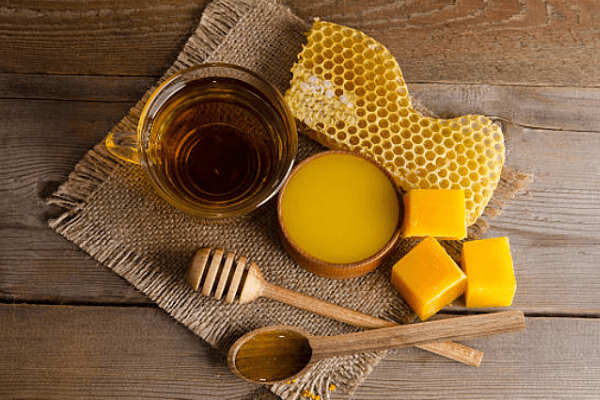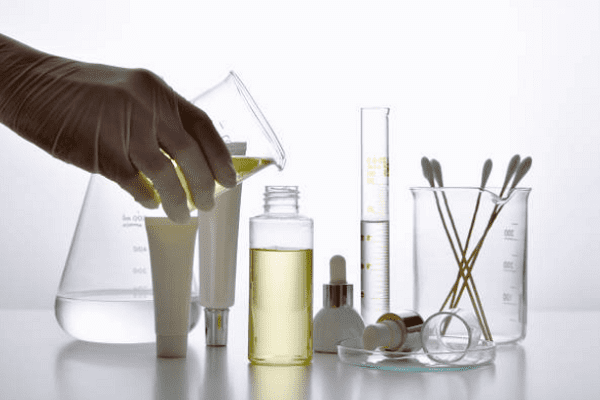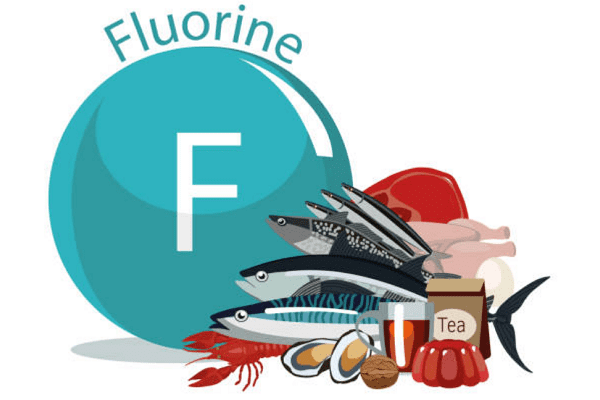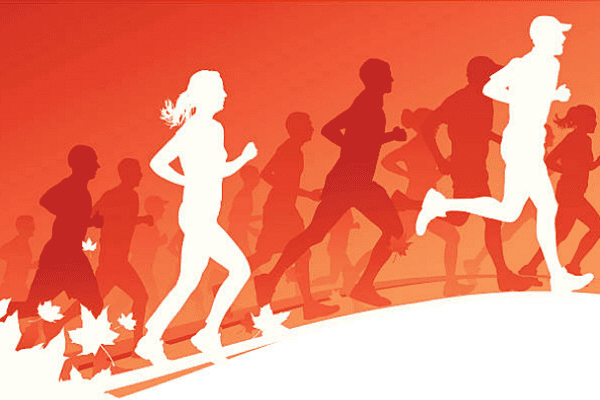Andrology - male diseases >>>> How to deal with postpartum depression?
How to deal with postpartum depression?

Postnatal depression is a condition that develops in a woman immediately after giving birth and is a form of depressive disorder. Postpartum depression is a fairly common condition and is quite dangerous for the future life of the woman herself and her newborn. Unfriendly or excessively anxious state of the mother in relation to the newborn child can be reflected in the formation of his mental state, which begins to take shape already in the first weeks of birth. For this reason, it is necessary to learn to understand what can happen to a woman's psyche in the postpartum period, and how to cope with the problem of depressive disorder, which prevents a woman from concentrating on her new functions - maternal concerns.
No matter how much a woman prepares herself psychologically for the birth of a child, the very fact of the birth and appearance in her life of a small defenseless creature in one way or another sharpens all the instincts of a woman inherent in her by nature itself, but the mind is not always prepared for such an event. And while subconsciously analyzing her capabilities in this life, being familiar with many possible and potentially insurmountable life situations for her, a woman begins to worry unnecessarily, worry about the future of her baby. Such experiences can paralyze a woman's mind, lead her into a state of despondency, suspiciousness, and cause a feeling of an unbearable burden pressing on her. Being in such an inadequate state practically alone with a newborn, a woman is capable of actions that are unexpected not only for others, but also for herself.
Signs of postpartum depression:
- Irritability,
- Tearfulness,
- Increased fussiness or, conversely, slowness,
- Despondency,
- Loss of appetite,
- Disappointment,
- Absent-mindedness,
- Loss of interest in previously entertaining activities,
- Sleep disturbance,
- Auditory hallucinations are possible,
- Uncertainty about the future,
- Thoughts about the end of life,
- Aloofness,
- Striving for isolation from society,
- Excessive attachment to the baby or, on the contrary, refusal to take care of him.
Postpartum depression can be supported not only by the psychological discomfort that develops in a woman, but also by completely medically justified physiological changes in the state of her body (hormonal changes, pain and discomfort from injured tissues that have not healed after childbirth, fatigue from sleepless nights, overwork from overwhelming household chores, overwork nervous system, not properly rested from the moment of the birth process, dissatisfaction with the changed parameters of the figure).
It should be understood that despite the strong beliefs in society that a woman's body is prepared by nature itself for the hardships of motherhood, in many cases a woman may not be able to cope with such an intense course of life that begins immediately after the birth of a child. Therefore, people around a woman with a newborn child need to be more sensitive to her unstable state of health. A woman who has given birth to a child should not be expected to be in a joyful mood, "flutter" around the house and create a comfortable environment for everyone around her. In the postpartum period, a comfortable environment is needed by the woman herself.
To help a woman cope with postpartum depression, it is necessary to provide her with all kinds of support (including psychological). You cannot push a woman around because of unfulfilled household work (not cooked food, not washed diapers, not cleaned housing). You cannot reproach a woman in the postpartum period for being a burden for someone in the material sense; during this period of her life, a woman cannot leave a baby and earn money. And if he can leave the baby to someone close to him or a nanny, he will always be in a state of concern for his child.
A mother with a newborn child needs days free from worries (or part of the day) so that she can devote this time to herself: sleep, go to a beauty salon, take a walk, meet friends, go to the cinema. Sexual life is contraindicated for one and a half to two months after childbirth, and then you can use sex as a way out of depression, but you should not impose sexual relations on a woman if she is not yet ready for them (she is sick, feels uncomfortable, tired, and so on).
In the postpartum period, gifts are needed not only for the baby, but also for his mother. A good gift will be a subscription to the spa, gym, aqua park; concert or theater tickets; an appointment with a hairdresser or for cosmetic procedures; buying jewelry or precious jewelry.
If the depressive state has dragged on, and neither the woman herself, nor those close to her are able to find a way out of this situation, the help of a specialist is needed. Postpartum depression is difficult, but necessary, to combat . You should not leave depression to chance, because not every person is able to find the strength to cope with it on their own, and the depressive state is so dangerous that it can progress and lead to severe mental disorders that are difficult to treat.

Read

Read


























